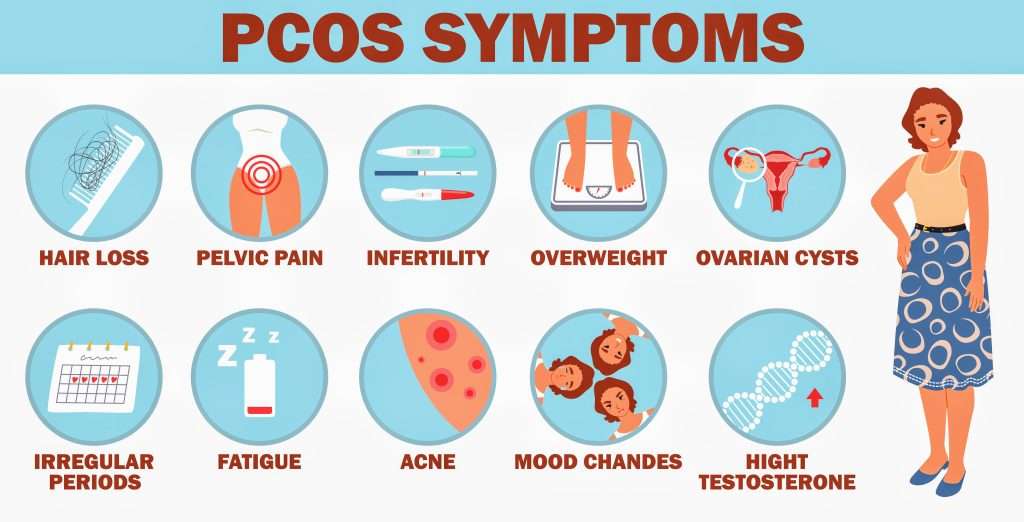The Ultimate Guide to Losing Weight: Proven Strategies for Sustainable Results
Losing weight is more than just fitting into smaller clothes—it’s about achieving better health, boosting self-confidence, and improving overall well-being. With the abundance of quick-fix solutions and fad diets flooding the internet, it’s essential to focus on sustainable, science-backed methods. In this blog, we’ll explore effective strategies to help you shed excess pounds while maintaining a healthy lifestyle.
Contents [hide]
- 1 The Ultimate Guide to Losing Weight
- 2 1. Understand the Science of Weight Loss
- 3 2. Set Realistic and Specific Goals
- 4 3. Adopt a Nutrient-Dense Diet
- 5 4. Practice Portion Control
- 6 5. Stay Hydrated
- 7 6. Incorporate Physical Activity
- 8 7. Prioritize Sleep and Stress Management
- 9 8. Track Your Progress
- 10 9. Avoid Common Weight Loss Pitfalls
- 11 10. Stay Consistent and Patient
- 12 11. Explore Support Systems
- 13 Popular FAQs on Weight Loss
- 14 Final Thoughts
The Ultimate Guide to Losing Weight

1. Understand the Science of Weight Loss
At its core, weight loss boils down to creating a calorie deficit, which means burning more calories than you consume. However, it’s not just about cutting calories—it’s about the quality of those calories. Your body needs balanced nutrition to function optimally while shedding fat.
2. Set Realistic and Specific Goals
One of the biggest mistakes people make is setting unattainable weight loss goals. Instead, focus on specific and realistic targets, such as losing 1-2 pounds per week. Break your goals into smaller milestones and celebrate your achievements along the way.
3. Adopt a Nutrient-Dense Diet
Rather than focusing solely on cutting calories, prioritize foods that are rich in nutrients but low in calories. These include:
Lean proteins:
Chicken, fish, eggs, tofu, and legumes keep you full and support muscle growth.
Whole Grain:
Brown rice, quinoa, oats, and whole wheat bread provide sustained energy.
Healthy fats:
Avocados, nuts, seeds, and olive oil support brain health and satiety.
Vegetables and fruits:
Packed with fiber, vitamins, and antioxidants, they should form the bulk of your diet.
Avoid sugary drinks, processed foods, and excessive saturated fats, which contribute to weight gain.
4. Practice Portion Control
Even healthy foods can lead to weight gain if consumed in excessive amounts. Use smaller plates, measure your food, and avoid distractions like TV while eating. Mindful eating helps you tune into your hunger and fullness cues.
5. Stay Hydrated
Drinking enough water is often overlooked but is critical for weight loss. Water helps boost metabolism, aids digestion, and reduces hunger pangs. Start your day with a glass of water and aim for 8-10 glasses daily.
6. Incorporate Physical Activity
Exercise is an essential component of any weight loss plan. It not only burns calories but also improves overall fitness and mental well-being.
Cardio exercises: Activities like running, cycling, and swimming increase your heart rate and burn significant calories.
Strength training: Building muscle through resistance training helps increase your metabolism, making it easier to maintain weight loss.
Daily movement: Incorporate physical activity into your routine, such as walking, taking the stairs, or doing household chores.
7. Prioritize Sleep and Stress Management
Sleep and stress are often overlooked but play a significant role in weight management. Lack of sleep disrupts hormones that regulate hunger, leading to overeating. Chronic stress triggers the release of cortisol, a hormone linked to fat storage.
Tips for better sleep: Stick to a consistent bedtime, create a relaxing bedtime routine, and limit screen time before bed.
Stress-reducing practices: Try yoga, meditation, deep breathing exercises, or hobbies that bring you joy.
8. Track Your Progress
Keeping a record of your food intake, workouts, and weight changes can keep you motivated and identify areas for improvement. Use apps like MyFitnessPal or a simple journal to stay on track.
9. Avoid Common Weight Loss Pitfalls
Many people fall into traps that hinder their progress. Avoid these common mistakes:
Skipping meals: This can lead to overeating later in the day.
Over-restricting calories: Extremely low-calorie diets are unsustainable and can slow down your metabolism.
Obsessing over the scale: Focus on non-scale victories like improved energy levels and better-fitting clothes.
10. Stay Consistent and Patient
Sustainable weight loss takes time. There will be days when you feel unmotivated or hit a plateau, but consistency is key. Focus on building habits that you can maintain for a lifetime, rather than relying on quick fixes.
11. Explore Support Systems
Losing weight is easier when you have support. Join online weight loss communities, seek advice from a dietitian, or partner with a friend who shares similar goals. Accountability and encouragement can make a significant difference.
Popular FAQs on Weight Loss
Q1. What is the fastest way to lose weight?
While rapid weight loss may seem appealing, it’s not sustainable. Instead, focus on creating a calorie deficit through a balanced diet and regular exercise for long-term results.
Q2. Can I lose weight without exercising?
Yes, weight loss is possible through diet alone, but incorporating exercise helps improve overall health, tone muscles, and accelerate fat loss.
Q3. Are cheat days okay when losing weight?
Occasional indulgences are fine, as long as they don’t derail your overall progress. Plan them mindfully to avoid overeating.
Final Thoughts
Weight loss is a journey that requires commitment, consistency, and a focus on overall well-being. By following these science-backed strategies, you can achieve your goals while enjoying the process. Remember, it’s not about perfection but progress. Start small, stay determined, and watch as your efforts transform into lasting results.If you found this guide helpful, share it with others and leave a comment about your weight loss journey!
May U Like:
2. HOW TO EARN MONEY ONLINE 2024
Share this content:












Post Comment